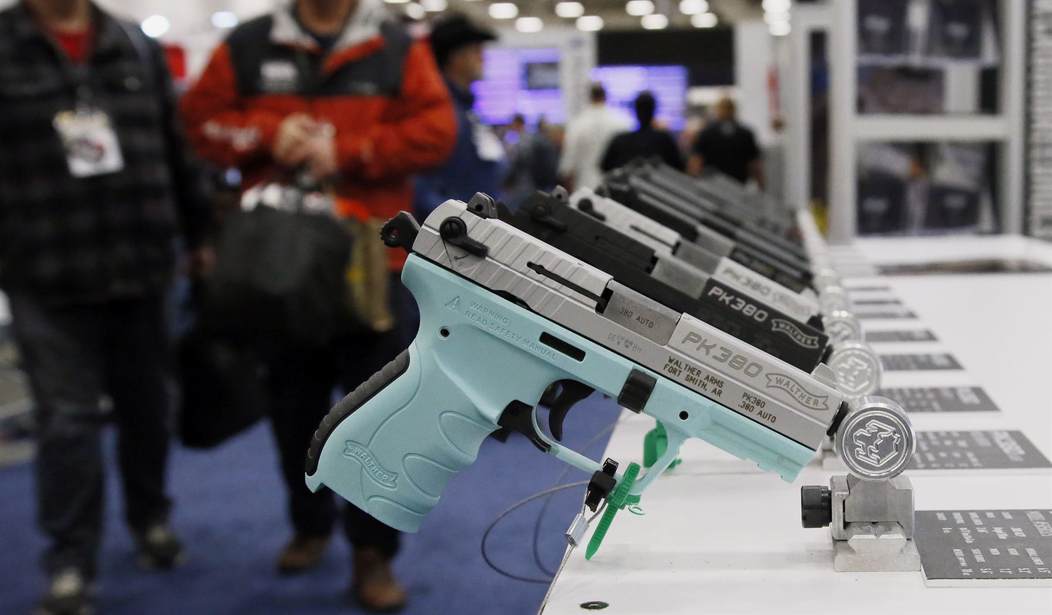President Joe Biden is a big fan of red flag laws. After all, what’s not to love if you’re a gun grabber? You get to take people’s guns without due process of law, all on the word of some third party who may or may not have an ax to grind.
Sounds perfect for the president.
Further, polling suggests that such laws are popular with the voting public. That makes it a slam dunk, right?
Well, not so much.
President Joe Biden faces an uphill battle as he tries to revive a push for more state laws that would allow authorities to temporarily disarm people who are considered a danger to themselves or others.
The political circumstances surrounding this year’s effort are drastically different than they were three years ago, when state lawmakers, governors of both parties and former President Donald Trump embraced the extreme-risk protection orders after the 2018 mass shooting that killed 17 people at a high school in Parkland, Florida.
Officials in Florida and several other states quickly adopted so-called red flag laws, hailing the court-ordered removal of guns from people judged to be dangerous as a way to prevent suicides, domestic violence and mass shootings. Trump’s commission on school shootings in December 2018 recommended that other states follow suit.
But momentum for the legislation has stalled after intense pushback from gun rights activists, increasing opposition from rank-and-file Republicans and key defeats for Democratic supporters of gun control in the November elections. Critics argue the laws can strip people of their right to bear arms based on unproven accusations, even as evidence mounts that they save lives.
Actually, there’s really no evidence they save lives. There’s evidence suggesting they might save lives.
Yet much of that surrounds suicides, which could be addressed through laws already on the books in pretty much every state. In fact, using those particular laws might save even more lives. After all, a firearm isn’t the only way to commit suicide, no matter how much gun control advocates may seem to suggest otherwise.
Anyway, moving on…
Still, advocates say they do not expect many, if any, of the 31 states without those laws to adopt them this year.
“We are now pushing against somewhat of a wall. The easier targets have been done,” said Josh Horwitz, executive director of the Educational Fund to Stop Gun Violence, which has played a key role in modeling the laws after domestic violence restraining orders. “But we’re in it for the long haul. I’m confident that in 20 years, this will be almost everywhere.”
Horwitz said the laws in many states are still new, and he is working to educate local officials on how to use them. He said a federal grant program to incentivize implementation would be a great step, and he is urging lawmakers not to wait for tragedies to act.
They are new. We’ve already seen at least one case of someone using such a law to try and punish an enemy. We’ve also seen at least one person killed because of them. That tends to get left out of the conversation for some reason.
Luckily, there don’t seem to be too many states with these measures in place, which is good news for gun owners. It means the government can’t show up and take your guns because your anti-gun coworker found out you have guns and that makes them feel “unsafe.” Knowing that few of the remaining states will seriously consider it is even better news, to be sure.
Editor’s Note: Want to support Bearing Arms so we can tell the truth about Joe Biden and the Left’s radical gun control agenda? Join Bearing Arms VIP. Use the promo code GUNRIGHTS to get 25% off your membership.








Join the conversation as a VIP Member